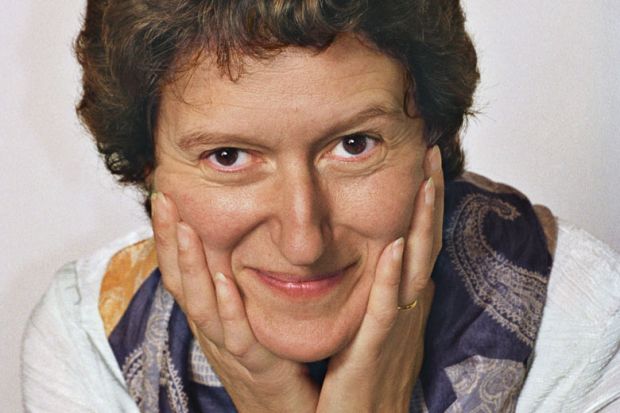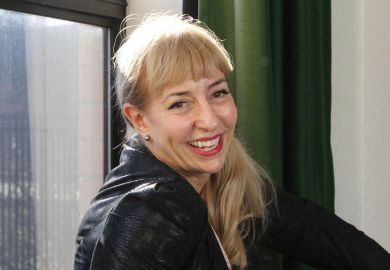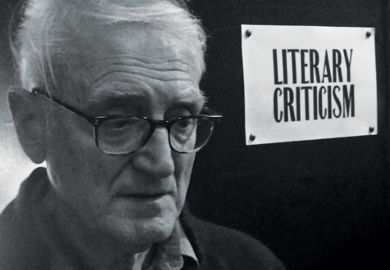What sort of books most inspired you as a child?
There were always books around and I read them greedily, although I remember hating the ones about history. The novel that made the deepest impression was Alain-Fournier’s Le Grand Meaulnes, which I discovered at exactly the right age to fall in helpless love with it, but we also had an English teacher who read Milton, Chaucer and Pope aloud to us in class. I can hear the sounds and cadences four decades on.
Your new book looks at the famous train journey Lenin took from Zurich to Petrograd in 1917. What books first piqued your interest in him and the Russian Revolution?
I don’t remember a time when I wasn’t fascinated by the Russian Revolution, or indeed by Russia as a place. More than anything, it was Isaac Deutscher’s biography of Trotsky that drew me into the revolution, but I loved the whole sweep of Russia’s history; I still have my old copy of James H. Billington’s The Icon and the Axe: An Interpretative History of Russian Culture. As for Lenin, he’s been around as long as I’ve been travelling in Russia – as a bust in the archive or a statue on the square or even as a mummy in a brown suit in his mausoleum. I’ve come to know him so well dead that I thought it was time to find out what he’d been like when he was alive.
Which accounts have you found most powerful in evoking the atmosphere within revolutionary groups?
It’s the bystanders and the losers who write the most vivid accounts; people such as Nikolai Sukhanov, who produced the best eyewitness history of the Russian Revolution of February 1917 and got a bullet through the head as a reward. I’ve also learned a lot from the letters and diaries of rank and filers, the revolutionaries with grease on their clothes. They get things wrong, but that is where they give away what people actually thought.
What models did you turn to for an account combining history, biography and travelogue?
All the best travel books are histories to some extent, aren’t they? I’m thinking about Patrick Leigh Fermor’s A Time of Gifts, for instance, or William Dalrymple’s From the Holy Mountain. Putting that the other way round, it was the longing to explore new worlds that inspired me to start writing history. But I did not have a specific model for my current book. It started with that rail journey – the most important of all time – and grew as I began to think about the story’s major players, Russian, German and British, and the well-intentioned calculations that brought catastrophe to all of them.
What is the last book you gave as a gift, and to whom?
My husband loves going to Russia, but he’ll never be able to visit the Soviet Union that I knew in the 1980s. To make up for that, I’ve just given him Colin Thubron’s Among the Russians, a brilliant account that dates from exactly the time I first travelled there myself.
What books do you have on your desk waiting to be read?
Charlotte Hobson’s first novel, The Vanishing Futurist, which is about revolutionary Russia. She’s a wonderful writer, so I’m keen to see how she’s dealt with that surreal time and place.
Catherine Merridale is a fellow of the British Academy. Her latest book is Lenin on the Train (Allen Lane).
POSTSCRIPT:
Print headline: Shelf Life
Register to continue
Why register?
- Registration is free and only takes a moment
- Once registered, you can read 3 articles a month
- Sign up for our newsletter
Subscribe
Or subscribe for unlimited access to:
- Unlimited access to news, views, insights & reviews
- Digital editions
- Digital access to THE’s university and college rankings analysis
Already registered or a current subscriber?




